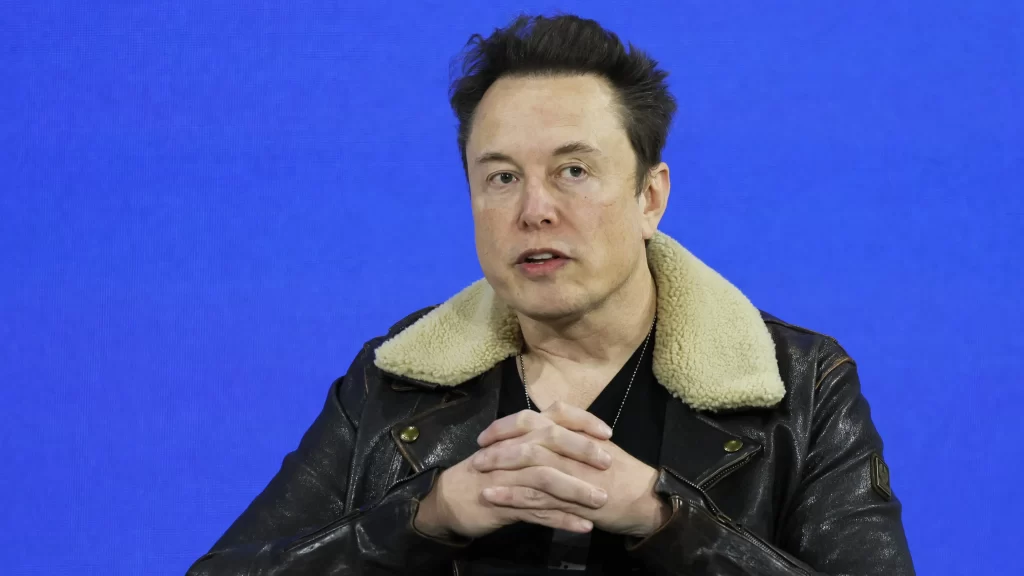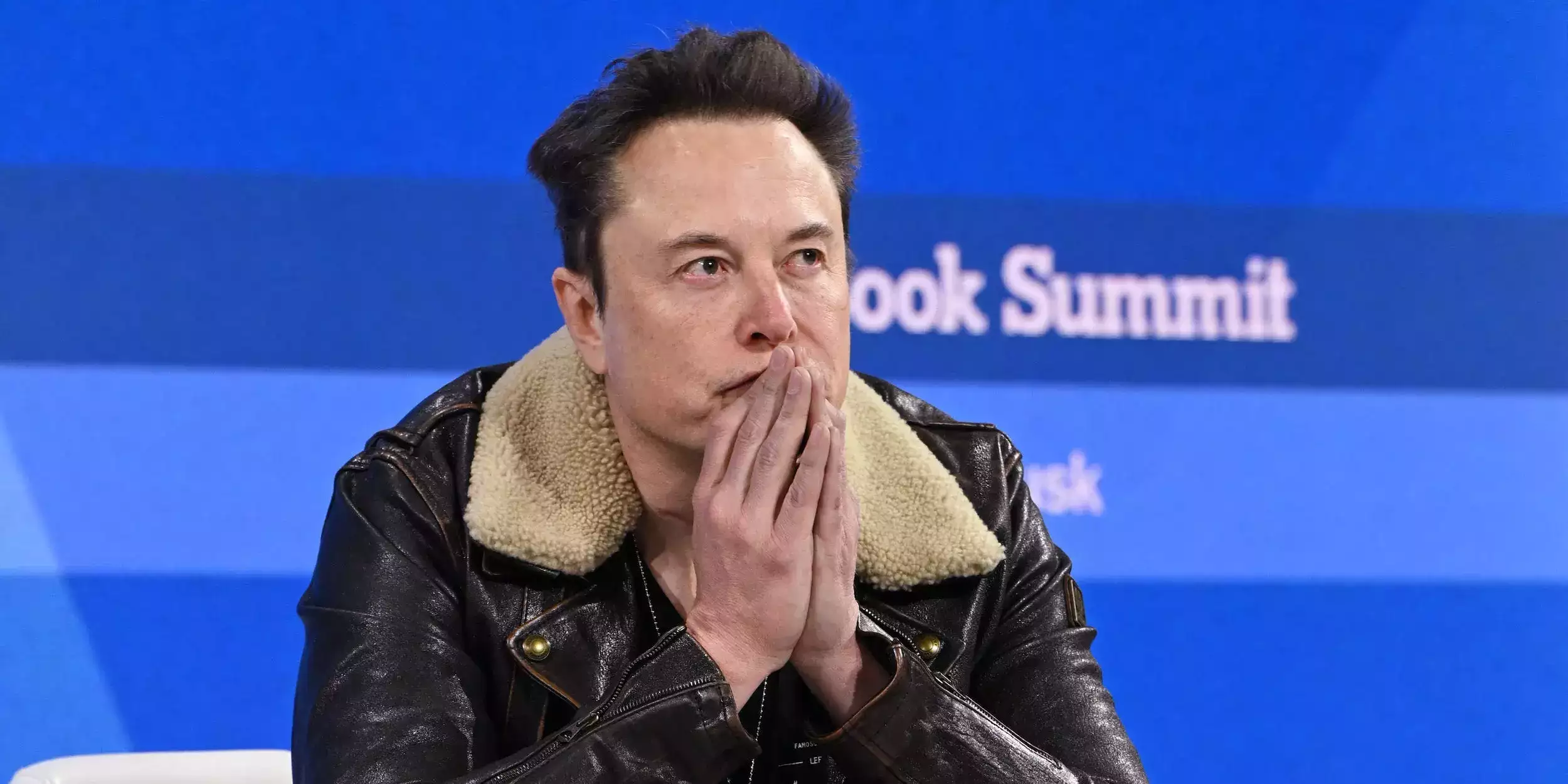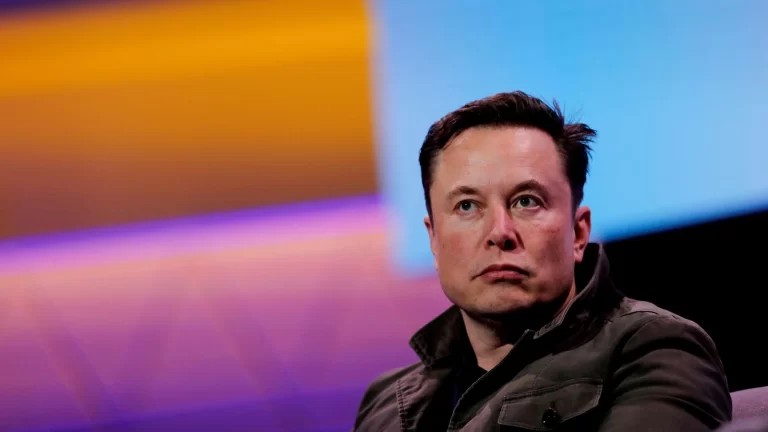According to five people familiar with the matter, Elon Musk privately told some of the bankers who lent him $13 billion to fund his leveraged buyout of Twitter that they would not lose money on the deal.
Musk made verbal guarantees to banks to reassure them after the value of the social media site, now rebranded as X, plummeted after he completed the acquisition last year.
Despite the assurances, Morgan Stanley, Bank of America, Barclays, MUFG, BNP Paribas, Mizuho, and Société Générale, the seven banks that lent money to the billionaire for his buyout, are facing significant losses on the debt if and when it is eventually sold.
The sources did not say when Musk’s assurances were made, but one said Musk had made them several times. However, the billionaire’s actions, both in attempting to back out of the takeover in 2022 and, more recently, in alienating advertisers, have stymied the banks’ efforts to offload the debt since he engineered the takeover.
Late last year, large hedge funds and credit investors on Wall Street met with banks, offering to buy the senior-most portion of the debt for around 65 cents on the dollar.
However, in recent interviews with the Financial Times, several said there was no price at which they would buy the bonds and loans because they couldn’t tell whether Linda Yaccarino, X’s CEO, could turn the company around.
X’s debt was deemed “uninvestable” by one multibillion-dollar distressed debt firm.
Also read : Elon Musk uses Grimes tweets in an attempt to prove she lived in Texas
Selling the $12.5 billion in bonds and loans for less than 60 cents on the dollar — a price many investors believe the banks would be lucky to achieve in the current market — would imply losses of $4 billion or more before accounting for X’s interest payments, according to FT calculations, writedowns that have not yet been publicly reported by the syndicate of lenders.
The debt is made up of $6.5 billion in term loans, $6 billion in senior and junior bonds, and a $500 million revolver.

Bank of America, Morgan Stanley, Barclays, MUFG, BNP Paribas, Mizuho, and Société Générale all declined to comment. X’s spokesperson declined to comment. Musk did not respond to an inquiry for comment.
The banks have kept the debt on their balance sheets rather than selling it at a loss, hoping that X’s performance will improve after a series of cost-cutting measures. Several parties involved in the transaction stated that there was no immediate plan to sell the debt, with one stating that there was no guarantee the banks would be able to sell the debt even in 2024.
People familiar with the transaction cautioned that Musk’s guarantee was not based on any formal contract. One person interpreted it as the entrepreneur boasting that he had never let his lenders down.
“I have never lost money for those who have invested in me, and I am not going to start now,” he told Axios earlier this month, when asked about his company X.ai Corp.’s separate fundraising drive.
Some on Wall Street are skeptical of Musk’s guarantees, given that he attempted to back out of his agreement to buy Twitter despite a watertight contract before relenting.
Nonetheless, the guarantee from a man whose net worth Forbes estimates at around $243 billion has aided some bankers in convincing internal committees that they can ascribe a higher price to the debt while it is held on their balance sheets.
Also read: With Concerns About Brand Safety More Advertisers Have Left X
Morgan Stanley, the deal’s largest lender, disclosed $356 million in mark-to-market losses on corporate loans it planned to sell and loan hedges in January. Banks rarely report specific losses tied to a single bond or loan, instead aggregating writedowns from multiple transactions.
Wall Street was saddled with the Twitter buyout loan while also holding a slew of other hung bridge loans — deals that they were forced to fund themselves after failing to raise cash in public bond and loan markets. The Financial Times has previously reported on large losses associated with other hung loans at the time, such as the acquisitions of technology company Citrix and television rating provider Nielsen.







